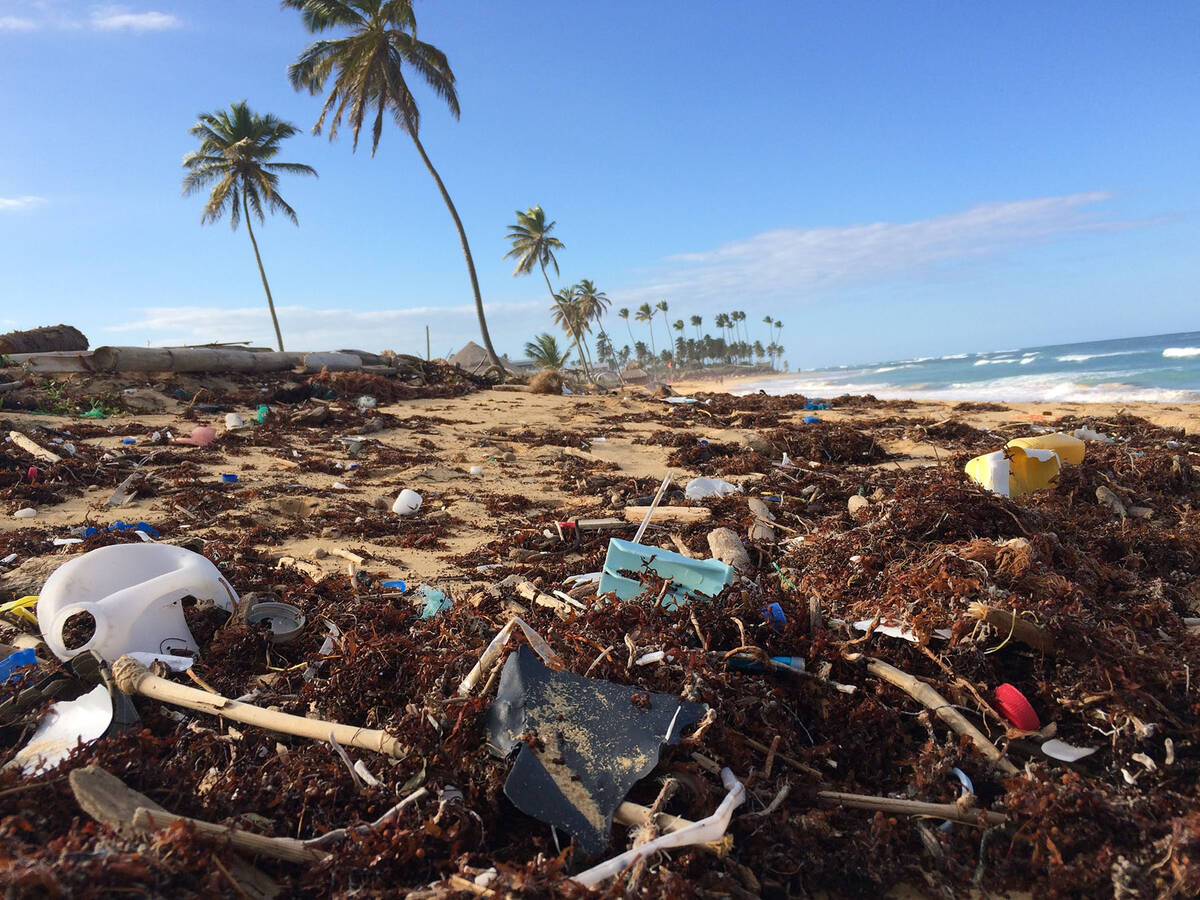Trip highlights nation-building and green practices
I have just returned from a one month trip to Ivory Coast (Ivory Coast), West Africa. Visiting family there, I spent most of my time in homes rather than hotels. From high-rise condos and single-family homes to beach bungalows, I enjoyed an insider’s look at what middle-to-upper class homes looked like.
With an eye on building materials and design, several approaches to construction stood out for me.
Given my experience, what I noticed first was that DIY isn’t a thing there. There are no DIY weekend warriors to speak of. Maybe some people will take on more artistic projects, like painting a mural, but when it comes to bona fide repairs or renovations, it’s a DIFM (do-it-for-me) culture. Locals explain that labor is so cheap that there’s no point in trying to figure out when a professional can do it better and faster for a terribly affordable price.
I asked about material costs, thinking how expensive they have become here, especially wood which is at all time highs. Apparently, wood in Ivory Coast is quite cheap.
Unlike our skyrocketing prices due to labor shortages due to COVID, Ivory Coast has not experienced these labor issues or price hikes.
Perhaps the lower demand for wood there also plays a role in the fact that its cost does not increase. To my knowledge, buildings are almost never wood frame. Instead, they are built with materials like concrete blocks and sun-dried mud bricks. CEB (Compressed Earth Block) has become a popular material due to its durability, cost and availability. The only wooden structures I saw were huts with corrugated iron or thatched roofs.
Another lumber scenario that was, well, foreign to me, was the location of a log yard and sawmill right in the middle of an urban town. The circumference of these logs was massive, larger than anything I had ever seen. Besides the obvious juxtaposition, what amazed me was how long it took to grow such majestic beauties and how tragic it seemed to see them piled on top of each other like giant corpses .
In addition to land exploitation in Côte d’Ivoire, there are extreme levels of land, water and air pollution. As far as I know, there are no agencies implementing recycling programs. Garbage is burned in the open air and black smoke rises from factory chimneys. Endless plastic bottles float in the port of Abidjan, and rubbish clogs the shores and roads.
A silver lining in plastic pollution and the scourge is a movement to use recycled plastics in building materials, a trend that is growing in both developing and industrialized countries.
In Abidjan’s Ebrié lagoon, a resort floats atop an island of recycled plastic: 700,000 bottles to be exact. L’ile Flottante (The Floating Island) is the brainchild of entrepreneur Eric Becker, who was driven to do something about the amount of plastic floating in the lagoon and sitting on its shores. Opened in 2018, this resort is 100% powered by solar panels that power bungalows, a restaurant, pool, lounging areas, and walkways — mostly constructed from recycled and sustainable materials.
Globally, innovative green thinkers are realizing that the very properties that make plastics so difficult to dispose of are precisely what make them an ideal building material. In 2016, researchers at Rutgers University invented a material called “structural plastic wood” made from recycled plastics. ScienceDaily.com states that this material is “lighter than steel, more durable than wood, and strong enough to support 120-ton locomotives.”
Today, plastic lumber is commonly used around the world for items such as decks, decks, docks, boardwalks, and retaining walls. It won’t corrode, rot or attract insects and never needs to be stained or painted.
When we realize that we produce 300 million tons of plastic each year worldwide, the idea of being able to recycle a percentage of it into a highly efficient building material, while saving trees, should motivate any company of n any country to embark on this project. type of environmental effort.
Norma Vally is a seasoned home improvement veteran. her career includes four seasons as the host of the Emmy-nominated Discovery Home Channel series “Toolbelt Diva.” Columnist and author, Vally divides her time between Southern Nevada, Los Angeles and New York. Follow her on Facebook at Norma Vally “Toolbelt Diva” and visit her at www.NormaVally.com. Email [email protected].


Comments are closed.